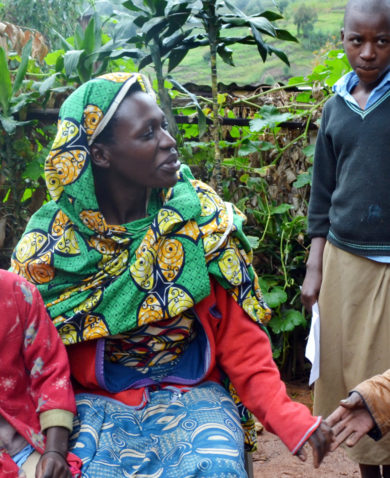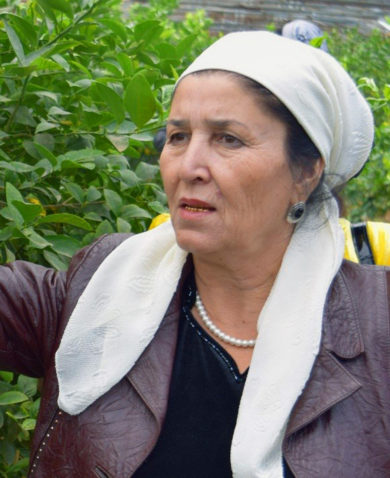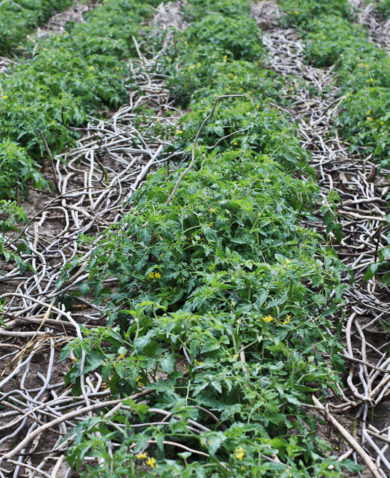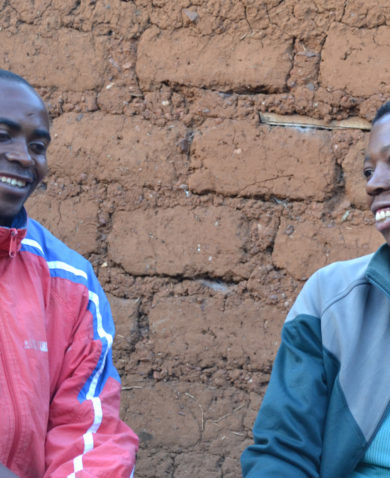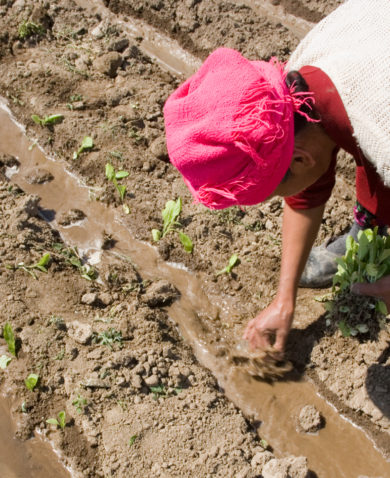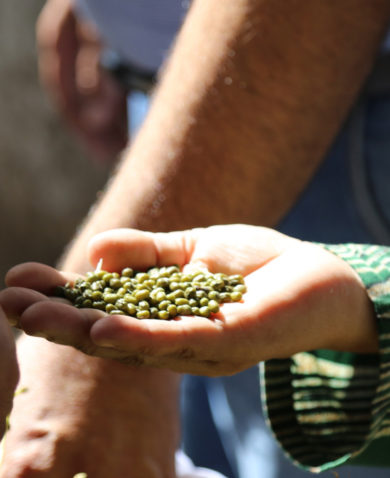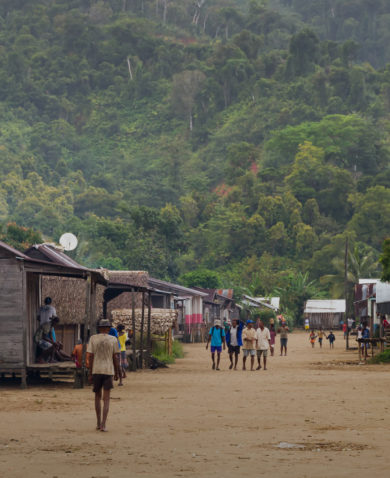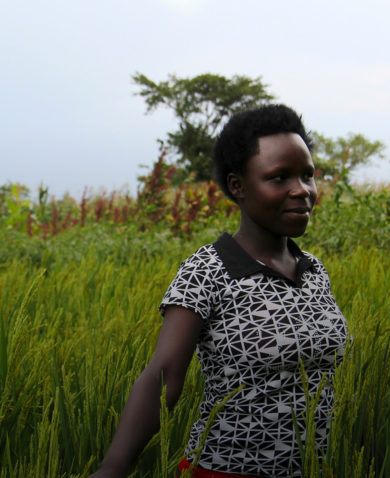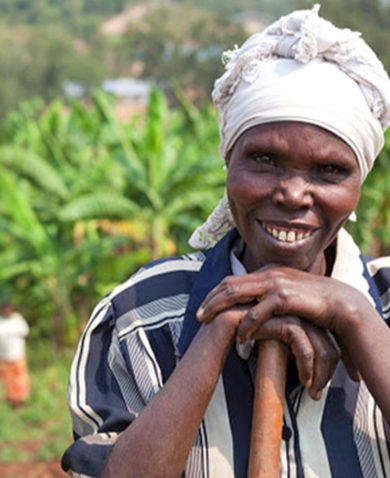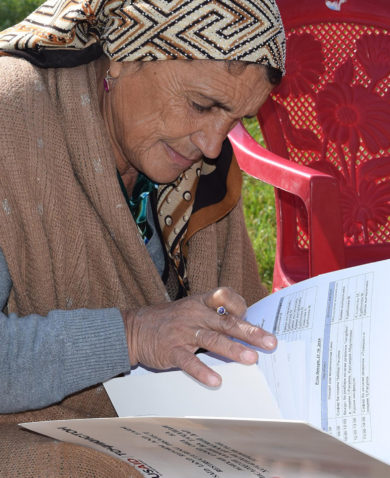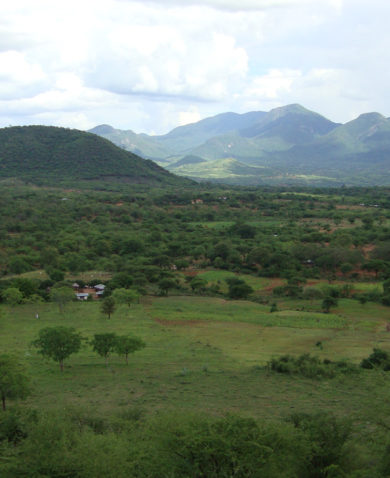“The project provides help to farmers to know more about laws and to not be afraid and to go to court to protect their interests according to the law,” said Nodira Sidyakova, legal director for the project.
After having won her legal case and reclaiming her farmland with support from the project, Gulbahor could have gone back to farming, providing for her and her two young daughters. Instead, she decided she would get more involved in the project. She knew from experience that it is often an uphill battle for farmers, women in particular, to have a say in their economic well-being and livelihoods where land tenure is concerned.
Gulbahor regularly meets with female farmers to inform them about the social and legal support they can seek out. Her simply furnished office is an approachable environment where she provides one-on-one consulting with farmers and answers their questions about a variety of topics, including local land committee rights and land taxes. On occasion, she has reached out to project lawyers when their expertise is needed. Guiding her efforts is a simple goal to educate those around her.





